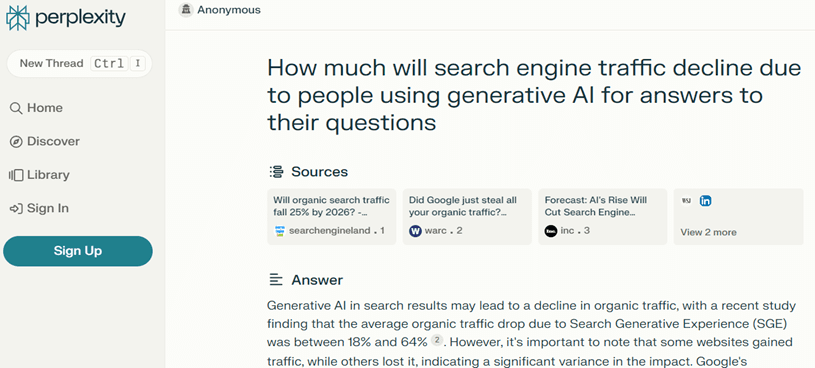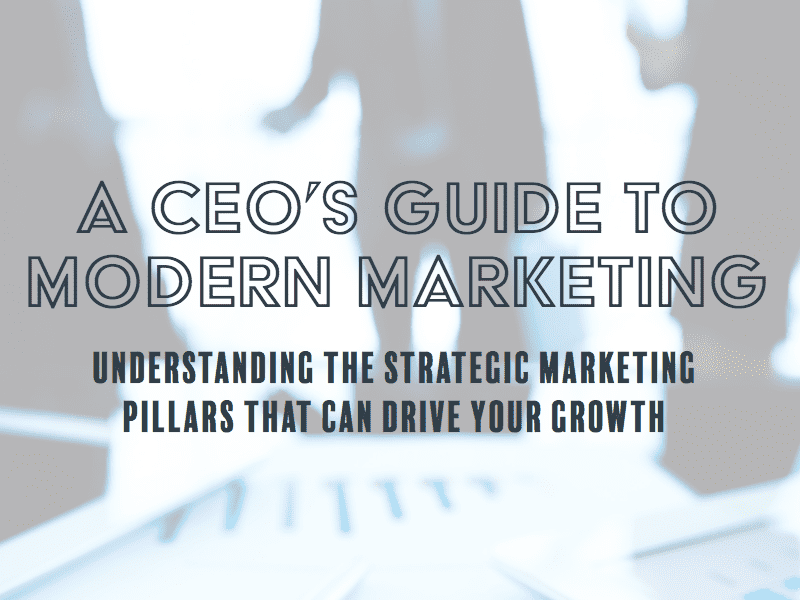Is Inbound Marketing Dying?
In 2005, the brilliant founders of the popular marketing automation software HubSpot, Brian Halligan and Dharmesh Shah, coined the term “Inbound Marketing” to reflect an approach that involves “pulling” people towards companies by creating timely, relevant, and authentically helpful information to delight search engines and target audiences. They rejected “push” style outreach like cold calling and spam emails.
It caught on as Inbound Marketing fed a growing trend towards self-service sales. People today want to proactively buy on their own terms and timeframe rather than being sold to on a company’s schedule.
I still have my now tattered t-shirt from my first INBOUND conference with the mantra, “Make Love, Not Spam.” It was more than a one-year wonder; it has been a movement lasting over a decade. Accomplished speaker Marcus Sheridan wrote a best-selling book called “They Ask You Answer,” which highlighted how to do Inbound Marketing well. Hundreds of marketing firms, including Marketri, have embraced this approach to drive search engine rankings and organic traffic (website traffic that you don’t pay for). And now, as I sit here today, and increasingly turn to Chat GPT 4, Perplexity, and Gemini 1.5 for answers, I boldly ask the question on many marketers’ minds, “Is Inbound Marketing Dying?”
They Ask, Generative AI Answers
With the rising popularity of Chat GPT (10 million queries daily and over 100 million weekly users) and other large language models, the buyer’s journey is quickly changing. They’re not “Googling” as much, and that trend is expected to continue. To give you a sense of how much and how fast behaviors are shifting, I asked Perplexity AI, a conversational search engine marketed as an “answer engine” that answers queries using natural language predictive text.

As you can see, Perplexity indicates that organic search traffic will experience a decline between 18% and 64%. This is a very broad range with very different implications for marketers; the upper end of that range has me breaking out in a full sweat. I need to know more, so I’m going to click on one of the sources recommended for more clarity. According to the cited Search Engine Land article, “By 2026, traditional search engine volume will drop 25%, with search marketing losing market share to AI chatbots and other virtual agents.” (If your marketing program relies on PPC advertising through Google, you’ll face a double whammy.)
Yes, It’s Dying…But Slowly
Since the launch of Chat GPT in the fall of 2023, I’ve been pacing the shores waiting, preparing, and pivoting strategies in anticipation of the big “wash out” wave. CEOs and other non-marketing executive leaders should ensure their marketing leaders and teams understand the trends and are paddling with them and not away from them.
If you’ve tried any of the Generative AI tools, you know they are imperfect. The learning language models (LLMs) may have been trained on outdated data and make up facts, which is otherwise known as hallucinating. There isn’t complete trust yet, which has given rise to a hybrid approach to search. According to “How AI is the End of SEO…or Not,” people are using search engines for most of their searches while asking chat AI systems for less specific or more subjective information.
The Top will be Lopped
With hybrid search behavior, what’s considered “awareness stage” or “top-of-the-funnel” content will be disproportionately impacted. It’s at this stage that B2B buyers are gathering information about a challenge or something they want to achieve on behalf of their companies. The leading LLMs, especially the paid versions, are getting better at delivering trusted results in one place without the need to click on multiple websites. The top will be lopped over time, and companies and their marketers need to adjust their content marketing strategies accordingly. If your company is still creating short-tail keyword blogs, how-to guides, and listicles, you may want to seek the advice of marketing strategists on how to pivot.
Don’t Wait Too Long
While the rise of generative AI and its impact on traditional inbound marketing strategies may seem daunting, it’s crucial for CEOs and COOs to understand these trends and adapt their marketing approaches accordingly and soon. The evolving landscape presents both challenges and opportunities for businesses. Embracing change and staying ahead of the curve is key to thriving and gaining competitive advantage in today’s dynamic digital environment.
To navigate these changes successfully and ensure continued growth, consider consulting with a marketing strategy consultancy. Schedule a call with our CEO Deb Andrews to learn





